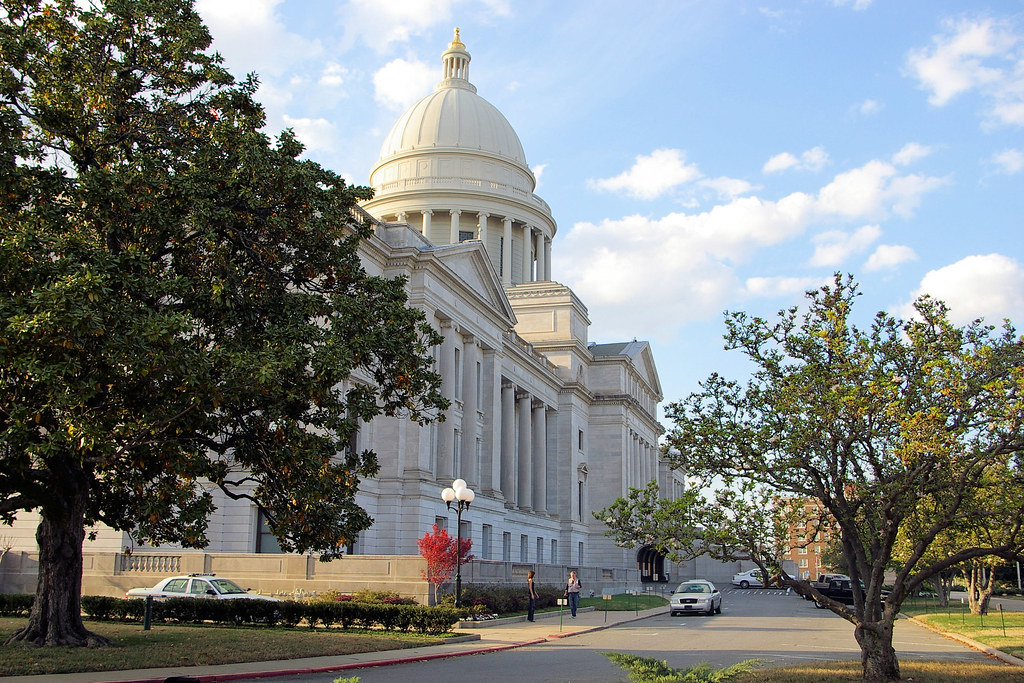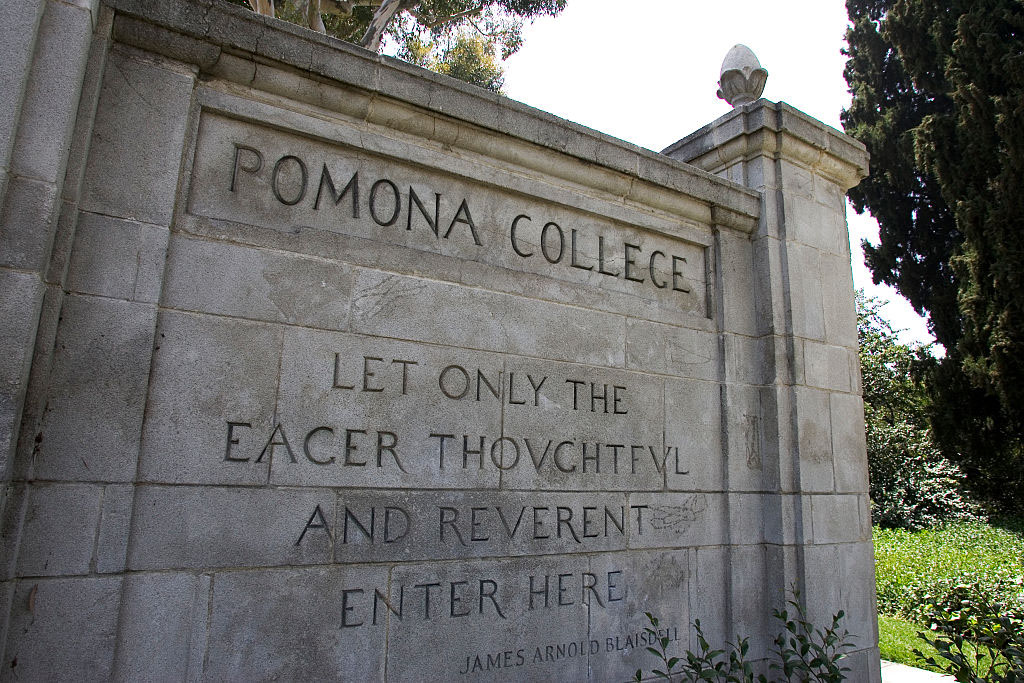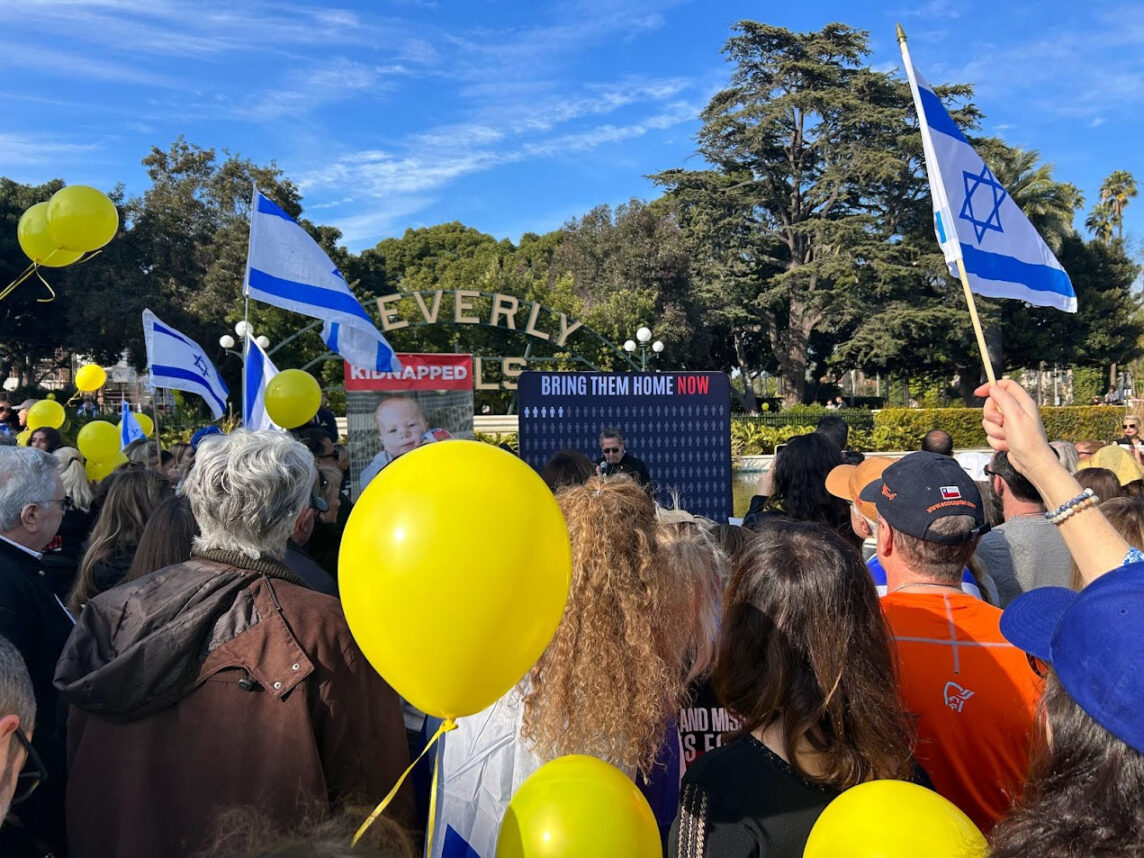
The StandWithUs Saidoff Legal Department, along with Agudath Israel of America and the Union of Orthodox Jewish Congregations of America, filed an amicus brief on June 6 to the 8th Circuit of Court Appeals in support of the Arkansas law cracking down on the Boycott, Divestment and Sanctions (BDS) movement.
The brief, which was obtained by the Journal, begins with the argument that freedom of speech and association protected under the First Amendment of the Constitution is not absolute. The state can override First Amendment protections when there is a “compelling interest” to do so, such as in instances of discriminations, and the BDS movement perpetuates anti-Semitism, the brief argued.
“Boycotts against Jews and Jewish-owned businesses are embedded in this history,” the brief states. “In 1922, Arab leaders in the Palestine Mandate launched a boycott against Jews. In 1933, the Nazi regime in Germany boycotted Jewish-owned stores and businesses in an attempt to isolate and exclude Jews from all civic life. In 1945, before the creation of the Jewish state, the Arab League Council called for a boycott of all Jewish and Zionist products. In 1947 and 1948, Jews (not just Zionists) in Algeria, Iraq, Libya, Egypt, Morocco, Syria and Yemen were persecuted, subjected to government-instigated anti-Jewish riots, and deprived of their belongings.”
Today, BDS continues the anti-Semitic tradition of boycotts against the Jewish people through boycotting the Jewish State of Israel. But what makes BDS particularly insidious is its goal to destroy Israel, the brief argued.
“BDS co-founder Omar Barghouti has been explicit about this goal, stating
that BDS ‘oppose[s] a Jewish State in any part of Palestine,’” the brief states. “In this context, Palestine refers to the entire area that is now Israel, not specific disputed regions such as the West Bank and Gaza. Other BDS leaders have likewise confirmed that BDS’s goal is to eliminate the State of Israel, urging that ‘to bring down the state of Israel . . . should be stated as an unambiguous goal’ of the BDS movement.” The brief also noted that organizations like Students for Justice Palestine (SJP) routinely call for Israel’s destruction through chants like, “From the [Jordan] river to the [Mediterranean] sea, Palestine will be free.”
The BDS movement also espouses anti-Semitic rhetoric in its criticism of Israel, such as “dehumanizing cartoons portraying Israelis as malicious octopuses and apply age-old anti-Semitic slurs about Jewish greed to Israelis” as well as “modern-day forms of the medieval blood libel that accused Jews of poisoning wells and using the blood of Christian children to bake matzah.” BDS’ anti-Semitism has resulted in increased violence against the Jewish community, the brief argued, particularly on college campuses.
“In the wake of BDS campaigns, Jewish students have been harassed with anti-Semitic slurs and discrimination,” the brief states. “For example, at the University of California, Davis, a Jewish fraternity house was vandalized with a swastika after a BDS resolution passed in the student senate. During a BDS campaign at San Diego State University, numerous racist posts appeared on social media platforms targeting Jewish students. At UCLA, after a successful BDS resolution passed the student government, pro-BDS senators tried to deny a Jewish student her position on the student government judicial board on the grounds of her Jewish identity.”
The brief highlighted the BDS movement’s double-standard against Israel, noting that the movement singles out the Jewish state while being “notably silent” about human rights abuses occurring in countries like China, Russia, Saudi Arabia and Turkey.
“Viewed against the background of historical and current anti-Semitism, and in light of the openly anti-Semitic views espoused by BDS movement leaders, the most plausible explanation for the BDS movement’s obsessive application of a double standard toward Israel is anti-Jewish animus,” the brief argued.
The brief concluded that the state of Arkansas has a compelling interest in fighting anti-Semitism, thus making their anti-BDS law constitutional.
“The State’s compelling interest in combatting that invidious discrimination overcomes any incidental effect that Act may have on boycotters’ rights of expression and free association,” the brief states. “The Act is in harmony with the ideal of a government ‘which gives to bigotry no sanction, to persecution no assistance . . . .’ The judgment should be affirmed.”
The American Jewish Committee (AJC) filed a similar brief on June 7, arguing that the state law protected a “legitimate interest in ensuring that it has full and unimpeded access to all goods and services available on the market, including those of Israeli origin, in the fulfillment of government contracts.” The AJC brief added that individuals and companies are allowed to voice their opposition to Israel; it is only the commercial boycotts that are not protected speech.
The Arkansas law, passed in 2017, bars state contractors from engaging in boycotts of Israel. The brief was filed in response to a 2018 lawsuit from the American Civil Liberties Union (ACLU) on behalf of The Arkansas Times. The University of Arkansas-Pulaski Technical College, an advertiser for the Times had asked the Times to sign a pledge against boycotting Israel under the law; the Times refused, prompting the college revoke its business from the Times. The Times argued that the law was unconstitutional, as the publication has never taken a stance on BDS. United States District Judge Brian Miller dismissed the lawsuit in January, arguing that commercials boycotts are not protected under the First Amendment. The ACLU is appealing the decision.

































